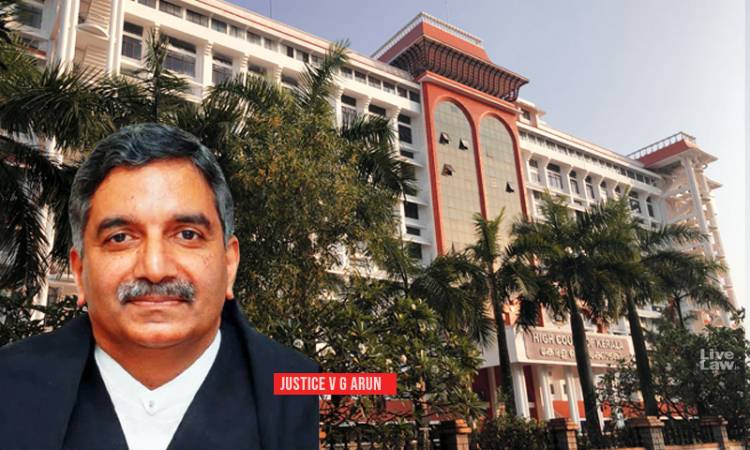Kerala Police Vs ED: Kerala High Court Directs Police To Submit Case Diary To Special Judge To Decide On Section 340 Inquiry Against ED
Lydia Suzanne Thomas
16 April 2021 4:40 PM IST

High Court has permitted the Special PMLA Court To look into the materials collected by Crime Branch against ED
Next Story


